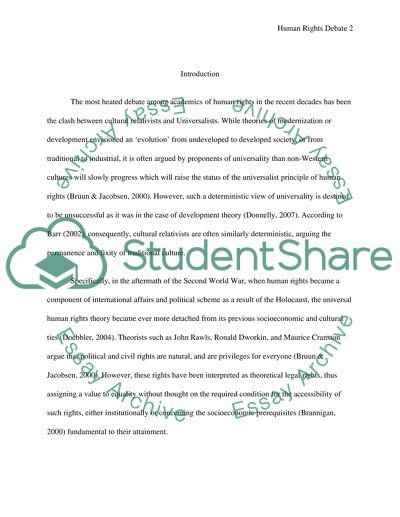Cite this document
(“Sociology of human rights - Explore and assess the challenges of Essay”, n.d.)
Retrieved from https://studentshare.org/environmental-studies/1414442-sociology-of-human-rights-explore-and-assess-the
Retrieved from https://studentshare.org/environmental-studies/1414442-sociology-of-human-rights-explore-and-assess-the
(Sociology of Human Rights - Explore and Assess the Challenges of Essay)
https://studentshare.org/environmental-studies/1414442-sociology-of-human-rights-explore-and-assess-the.
https://studentshare.org/environmental-studies/1414442-sociology-of-human-rights-explore-and-assess-the.
“Sociology of Human Rights - Explore and Assess the Challenges of Essay”, n.d. https://studentshare.org/environmental-studies/1414442-sociology-of-human-rights-explore-and-assess-the.


